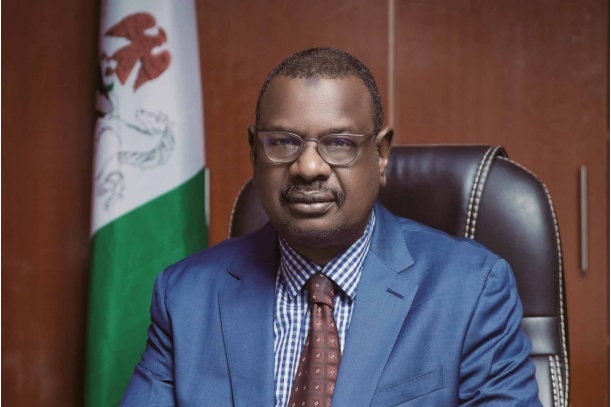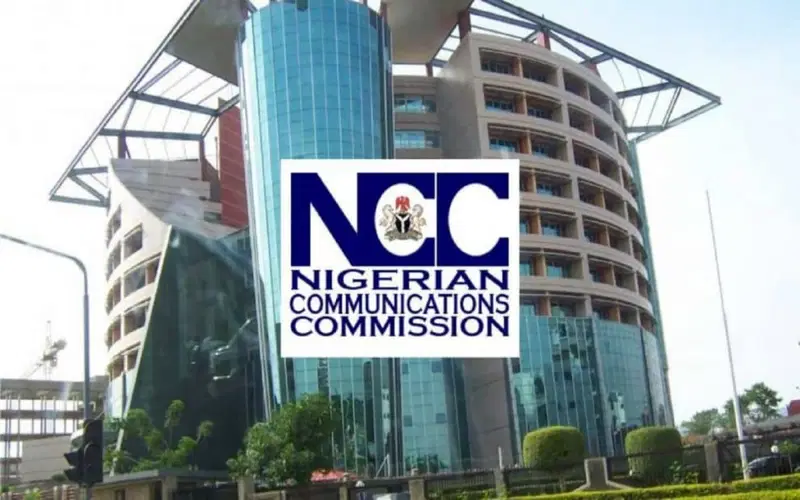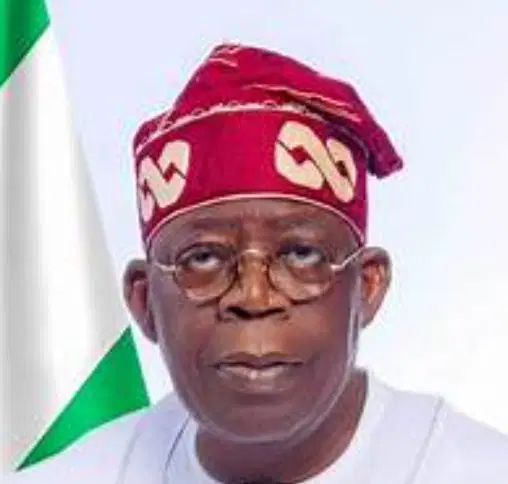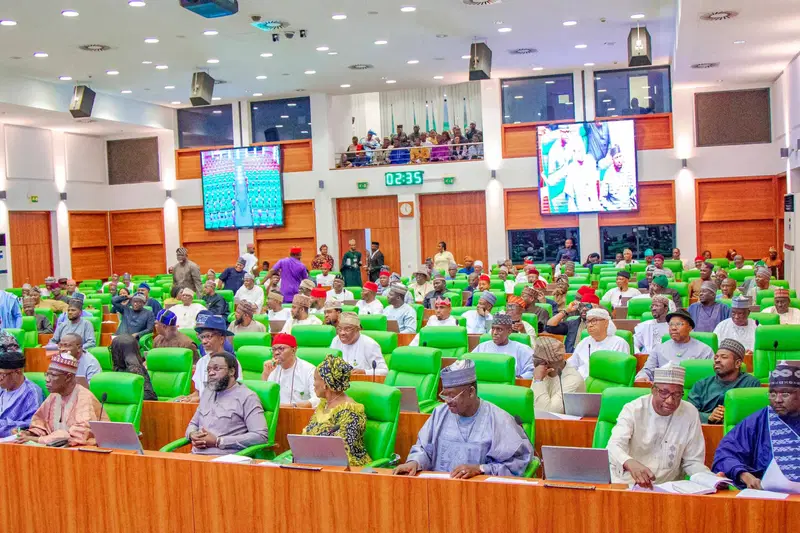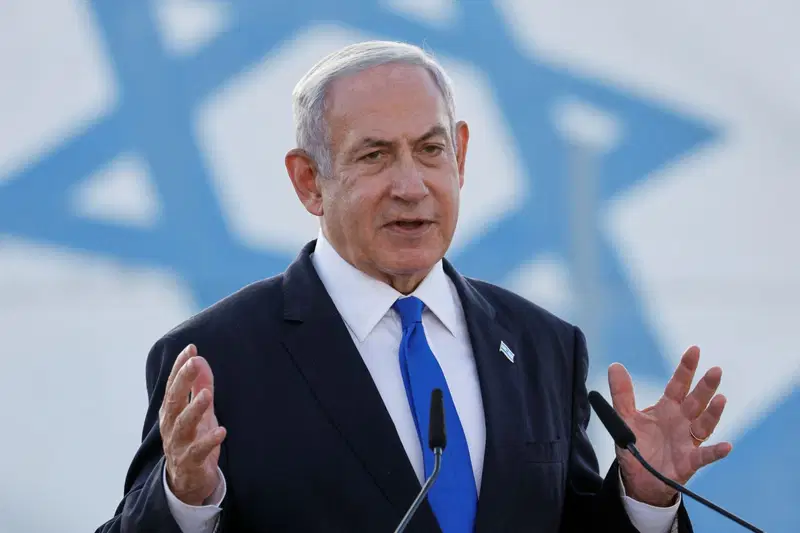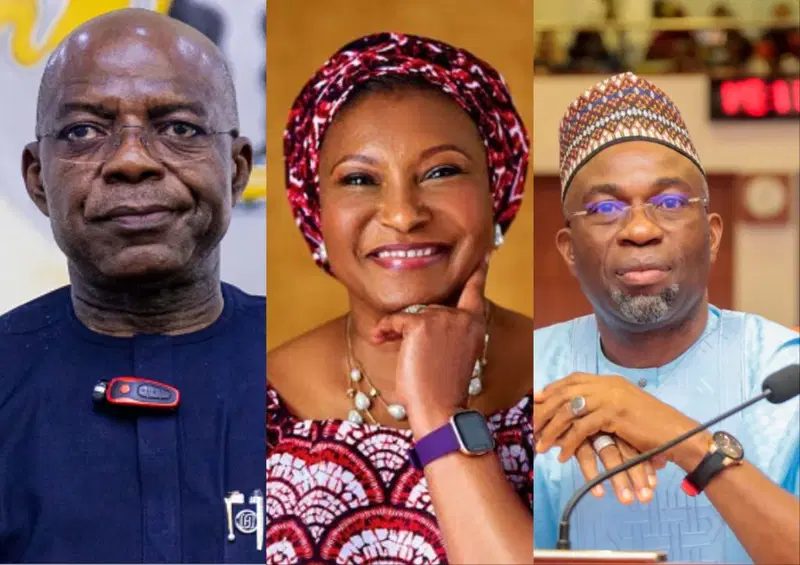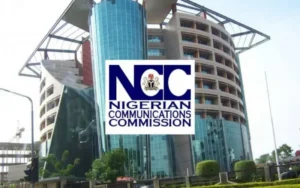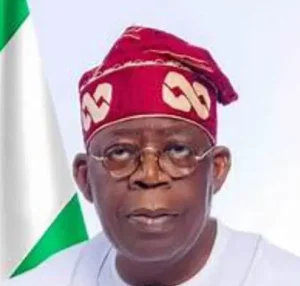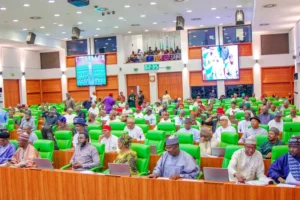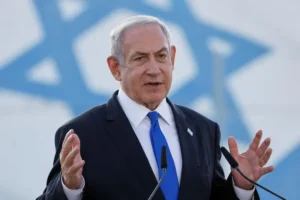• 24-Hour Power Supply to Neighboring Countries: Nigeria supplies 24-hour electricity to Togo, Benin, and Niger.
• Domestic Power Supply: Nigerians in Band A receive 20-22 hours of power supply, while those in Band B get 16-20 hours, and Band C customers receive 12-16 hours of power each day.
• Optimism for Consistent Electricity Supply: Abdulaziz expressed optimism about achieving a consistent electricity supply across Nigeria within five years.
• Infrastructure Challenges: Much of Nigeria’s electricity equipment is outdated, with some over 50 years old.
• Affordable Electricity Tariffs: Nigeria’s electricity tariff is relatively affordable compared to other African countries.
Nigeria’s Electricity Export and Domestic Supply
The Transmission Company of Nigeria (TCN) has announced that it supplies 24-hour electricity to neighboring countries Togo, Benin, and Niger, and these countries pay for the power ¹. According to TCN’s Managing Director, Sule Abdulaziz, Nigeria’s electricity tariff is relatively affordable compared to other African countries, including Burkina Faso, Senegal, and Niger.
Electricity Tariffs in West Africa
Nigeria has one of the cheapest electricity tariffs in West Africa, with a tariff of $0.20/kWh. In comparison, Mali and Togo have tariffs of $0.215/kWh, while Senegal’s tariff is $0.180/kWh.
TCN’s Role and Challenges
Abdulaziz clarified that TCN is only responsible for transmission, and system collapses can originate from generation, transmission, or distribution issues. He also emphasized the need to understand the difference between TCN and the now-defunct National Electric Power Authority (NEPA).

